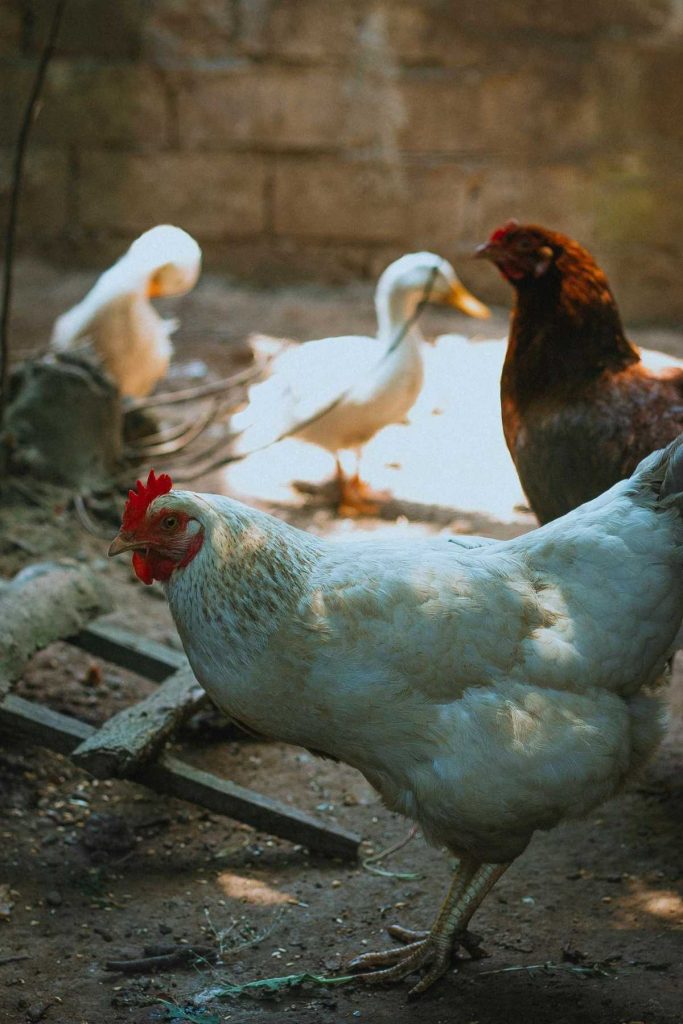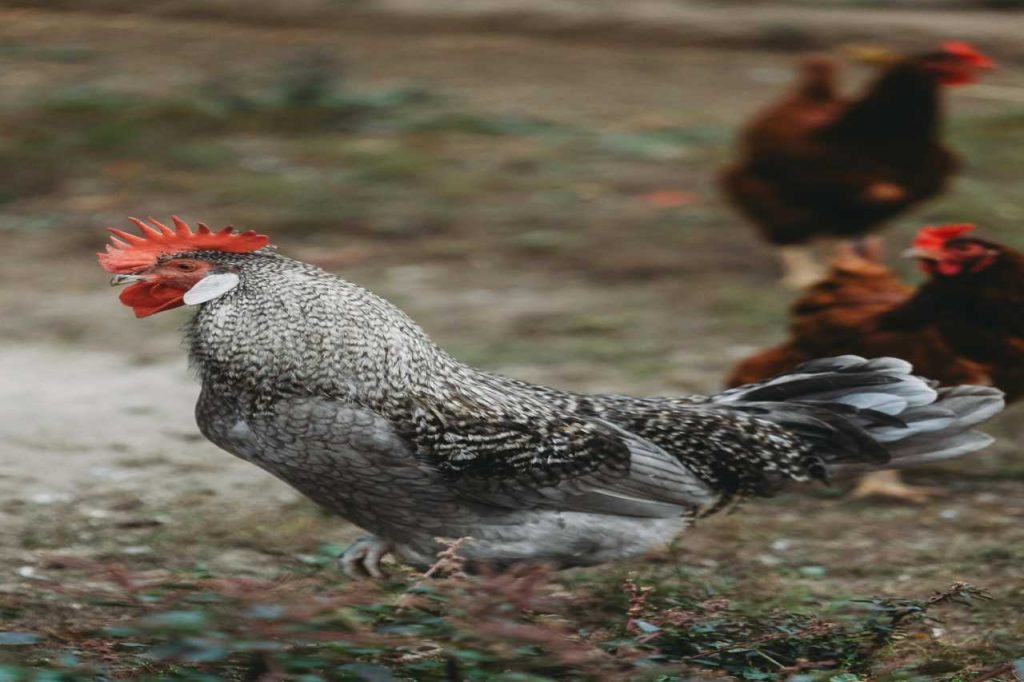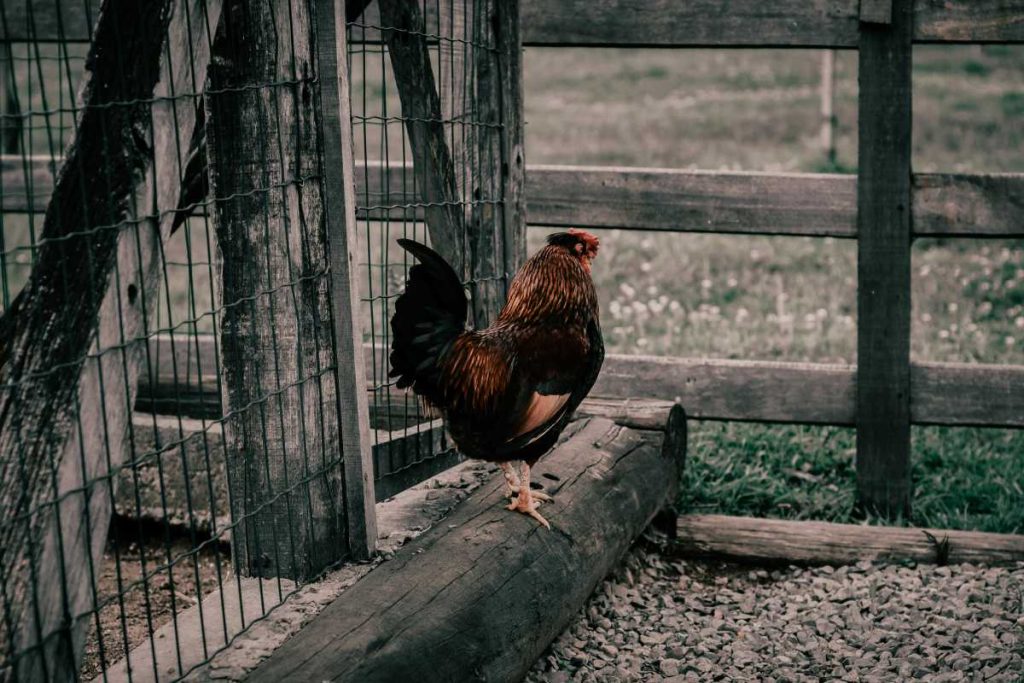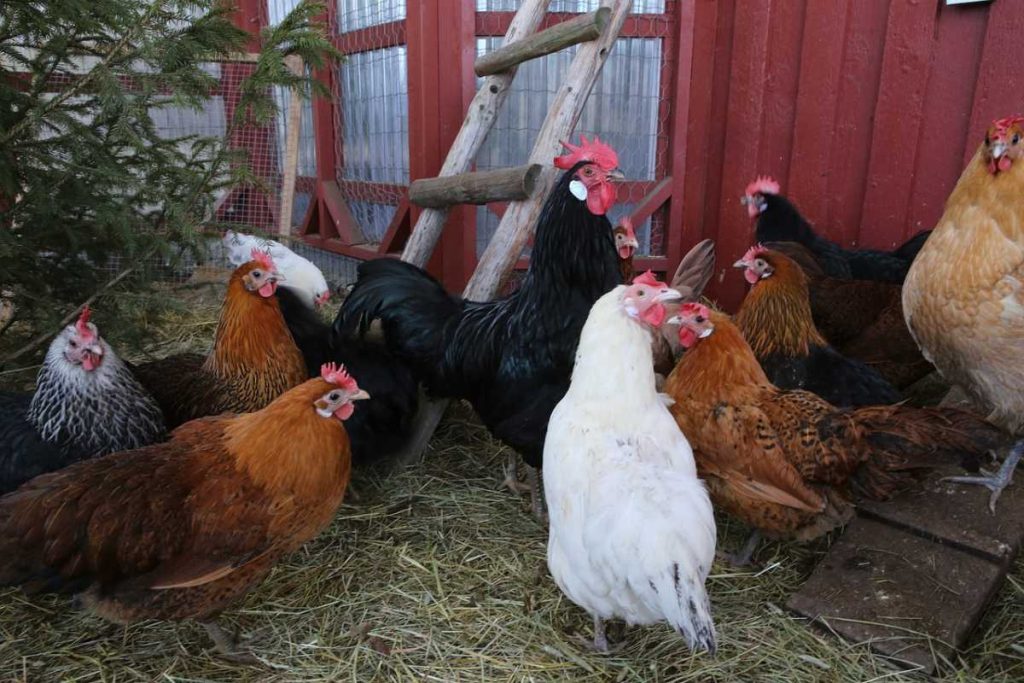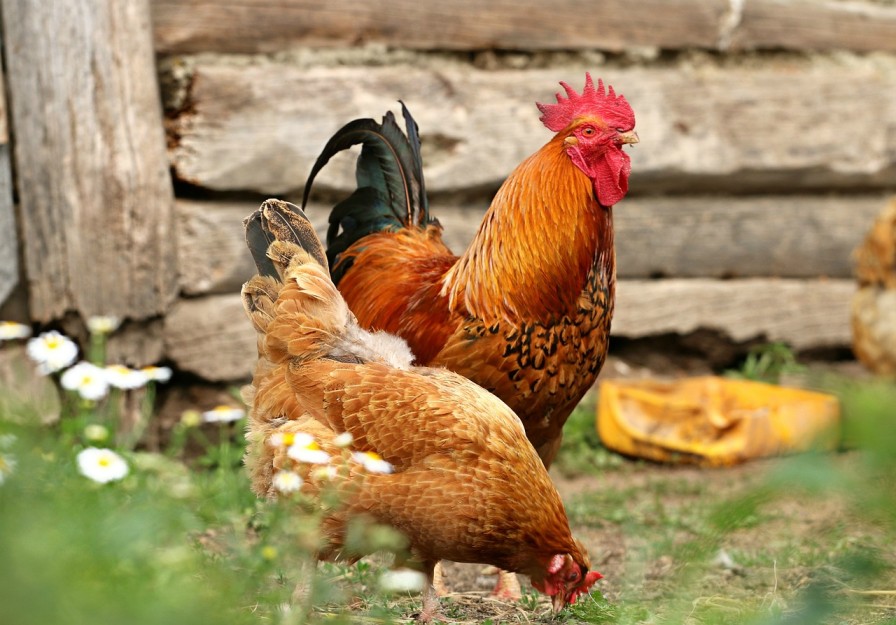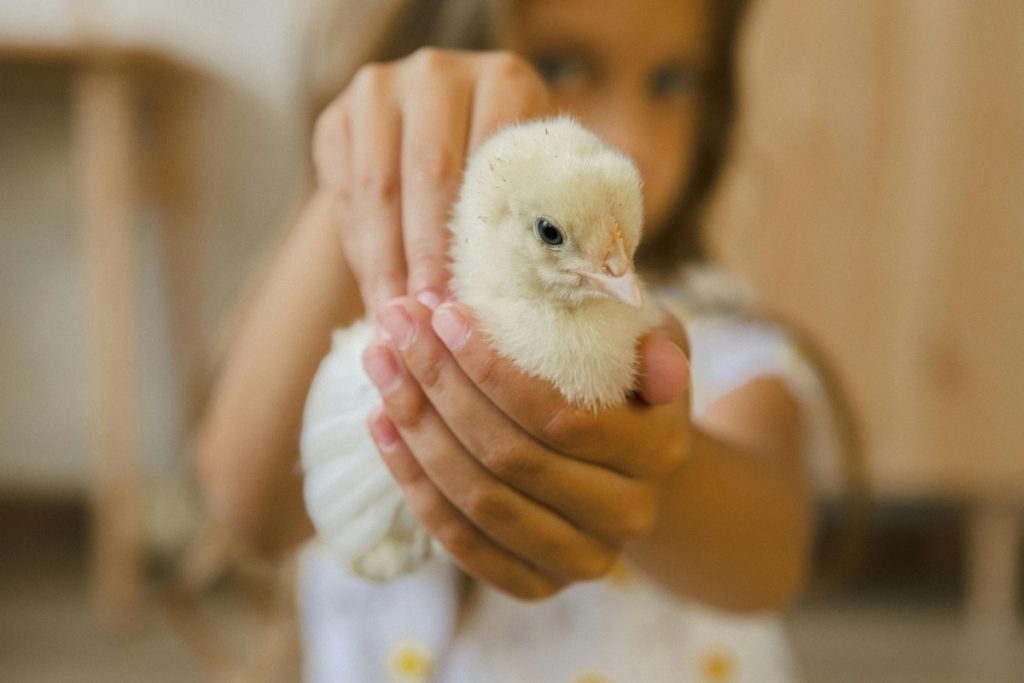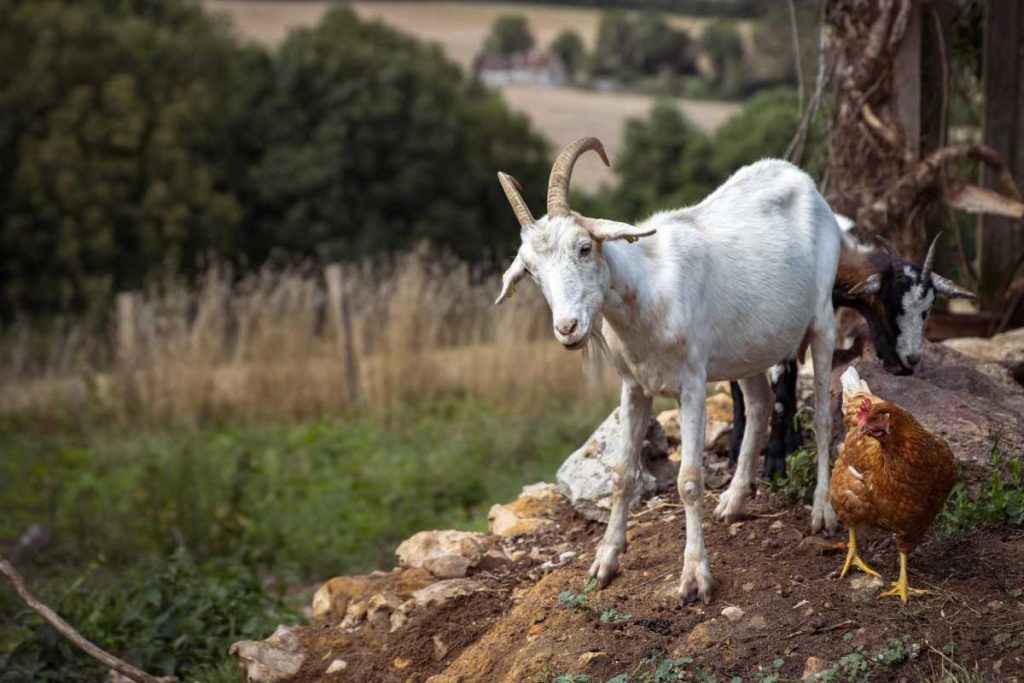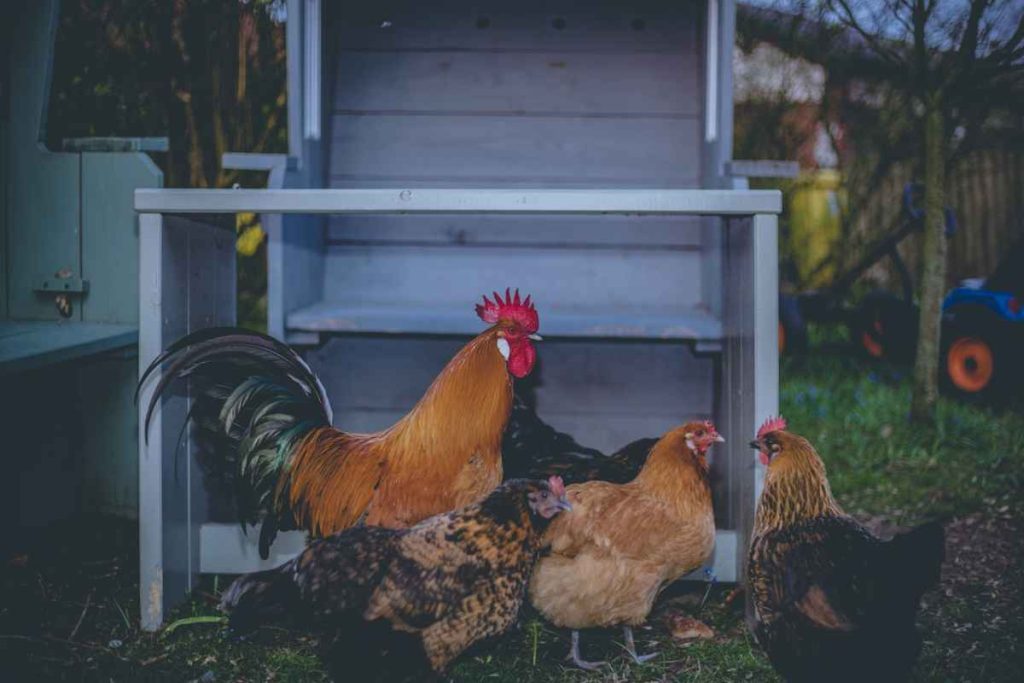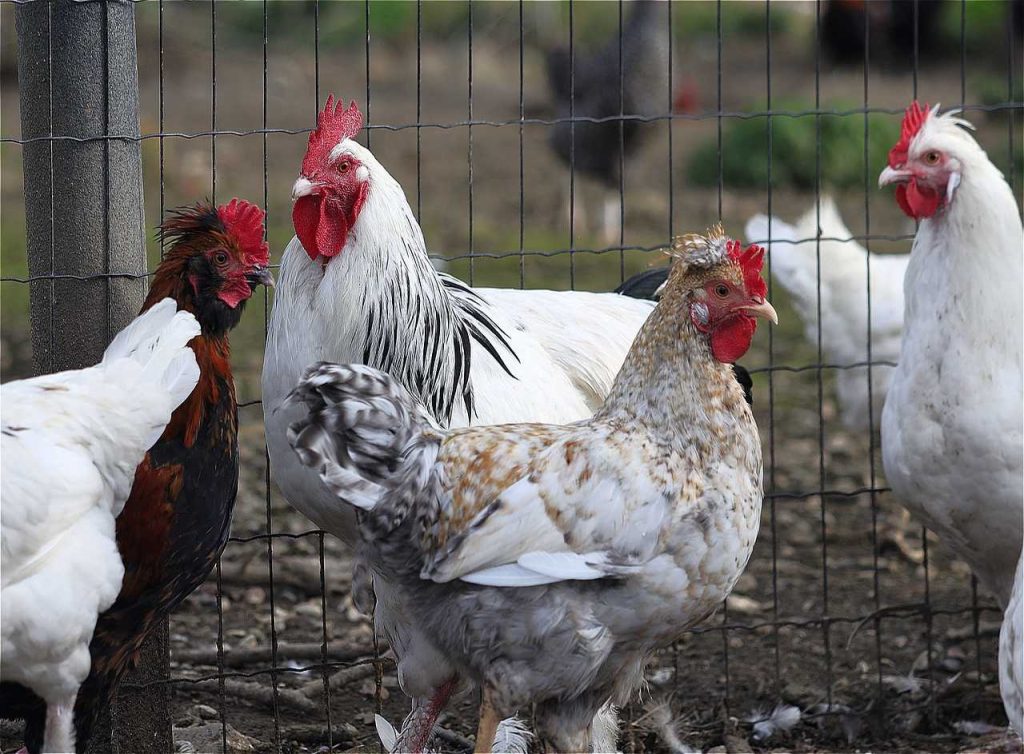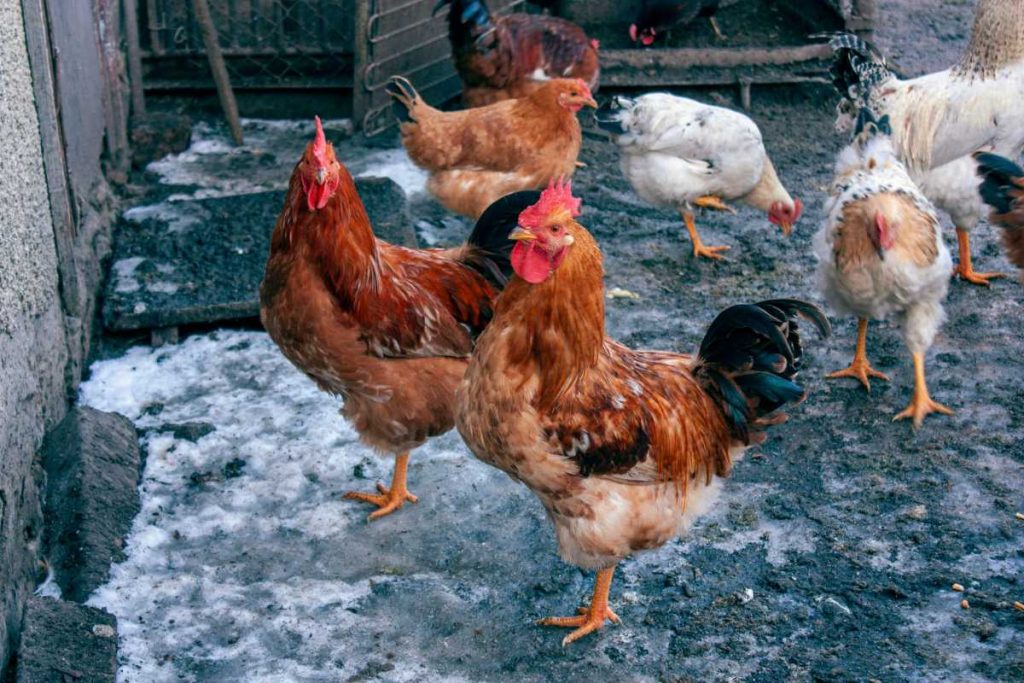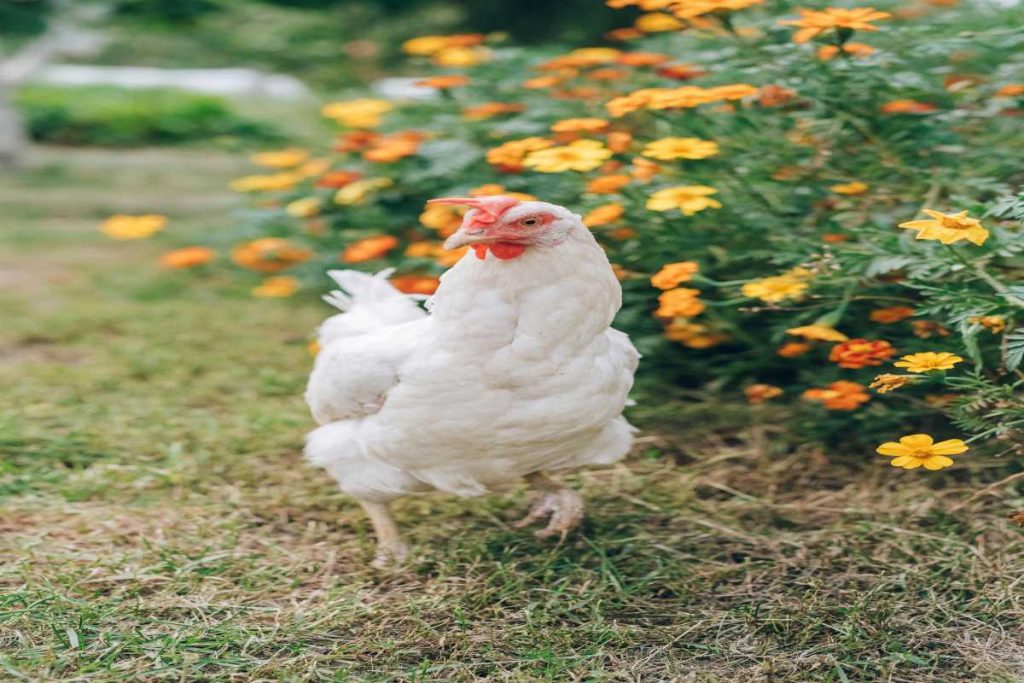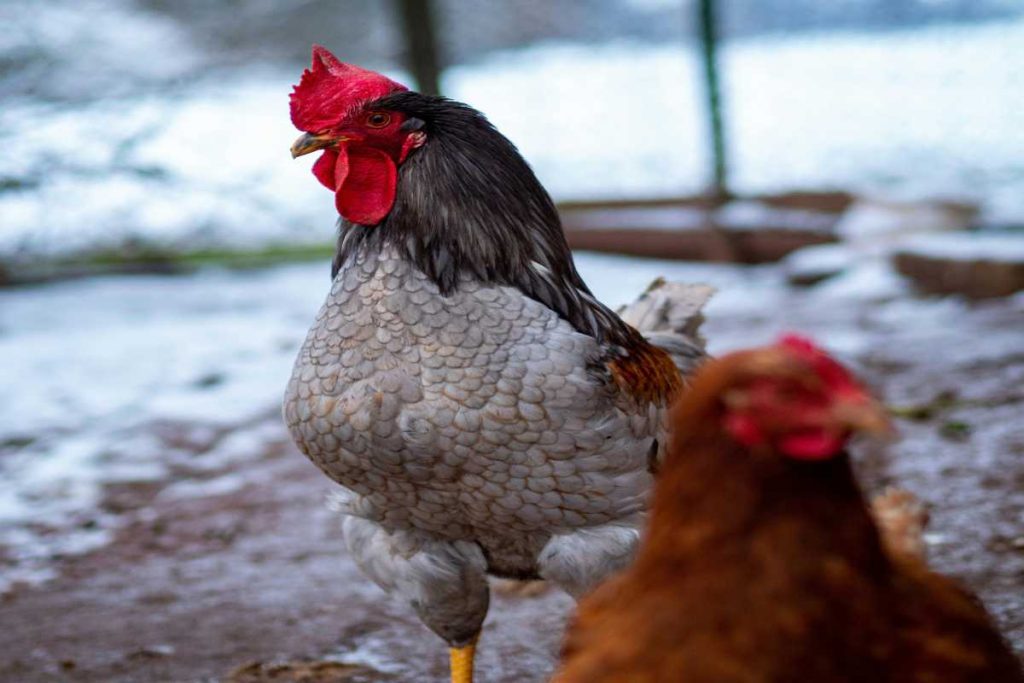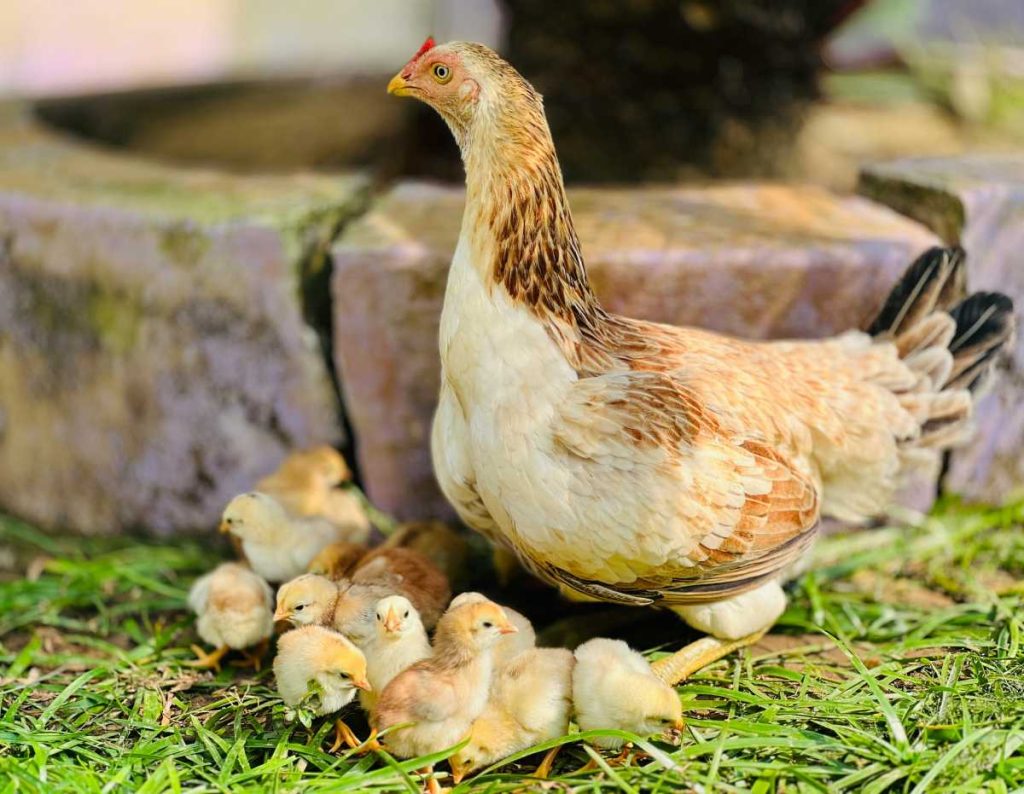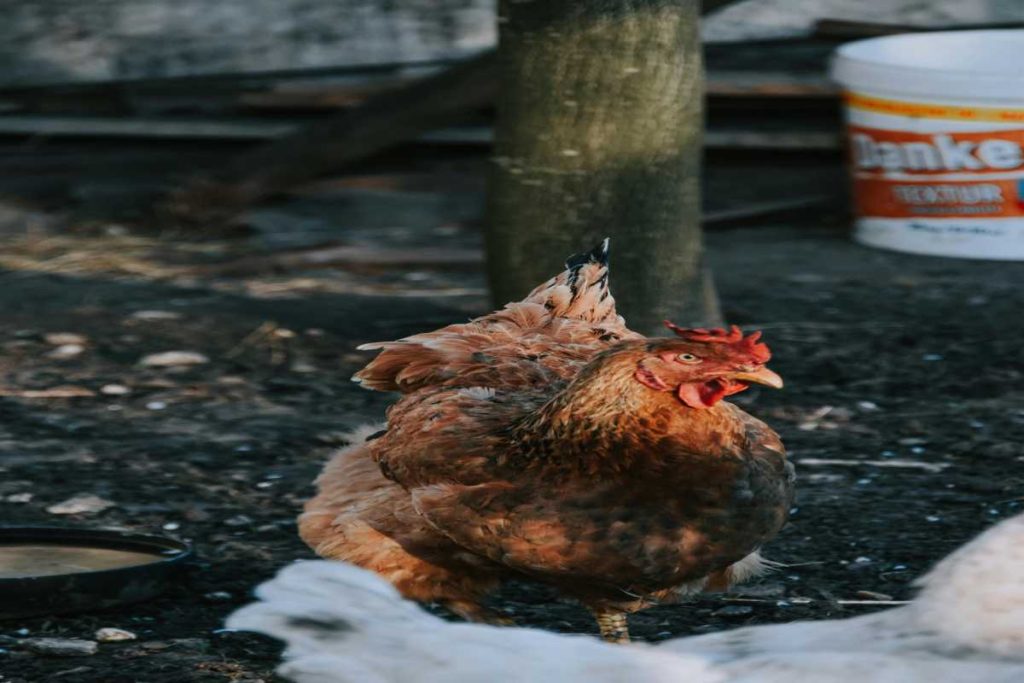Permaculture is a holistic approach to agriculture and land management that seeks to create sustainable ecosystems by working with nature rather than against it. At the heart of this philosophy lies the idea of integrating various elements of the system to create a self-sustaining environment. One of the most versatile and beneficial components of a permaculture system is the chicken. These feathered friends play a multifaceted role in enhancing the productivity and health of permaculture systems. In this blog, we’ll explore the numerous ways chickens contribute to a thriving permaculture environment.
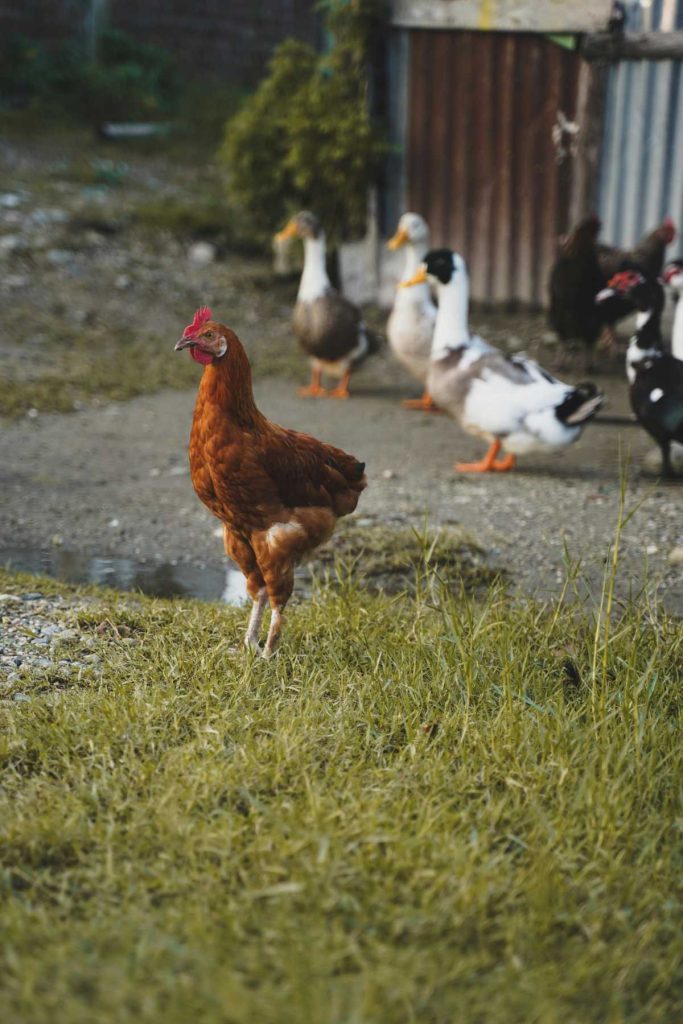
1. Natural Pest Control
Chickens are natural foragers, instinctively searching for insects, grubs, and other pests in the soil. By allowing chickens to roam in your garden or orchard, you can significantly reduce the population of harmful pests. This not only helps protect your plants but also reduces the need for chemical pesticides, promoting a healthier ecosystem. Chickens can help keep aphids, beetles, and other pests in check, leading to healthier plants and improved crop yields.
2. Nutrient Recycling
Chickens are fantastic at recycling organic waste. Their diet can include kitchen scraps, garden leftovers, and other organic materials, which they convert into nutrient-rich manure. Chicken manure is an excellent source of nitrogen, phosphorus, and potassium, making it a valuable fertilizer for gardens. When chickens scratch through compost piles, they help aerate the compost and speed up the decomposition process, turning waste into nutrient-rich soil amendments that benefit your plants.
3. Soil Aeration and Tillage
As chickens scratch and peck at the ground, they naturally aerate the soil. This process helps improve soil structure, allowing air and water to penetrate deeper, which is essential for healthy root growth. In permaculture systems, soil health is paramount, and chickens contribute to this by breaking up compacted soil and creating a more favorable environment for beneficial microorganisms. Their natural tilling behavior can reduce the need for mechanical tillage, preserving soil structure and health over time.
4. Weed Management
Chickens are not just helpful in controlling pests; they are also effective weed managers. Many chickens will eat various types of weeds, helping to keep your garden tidy and reducing competition for resources among your crops. By integrating chickens into your permaculture system, you can minimize the need for herbicides and manual weeding, leading to a more sustainable approach to garden management.
5. Food Production
Chickens provide a reliable source of food in a permaculture system. They can produce eggs year-round, providing a sustainable protein source for families. Heritage and dual-purpose breeds can also be raised for meat. The integration of chickens into your permaculture design ensures a continuous supply of fresh, organic eggs and meat while reducing reliance on store-bought products, which often come with environmental costs.
6. Biodiversity Enhancement
Integrating chickens into a permaculture system promotes biodiversity. Chickens can coexist with various plants and animals, contributing to a diverse ecosystem that fosters resilience and health. Their presence can attract beneficial insects and birds, which help pollinate plants and control pest populations. Moreover, the combination of different species encourages a balanced ecosystem where each element supports the others.
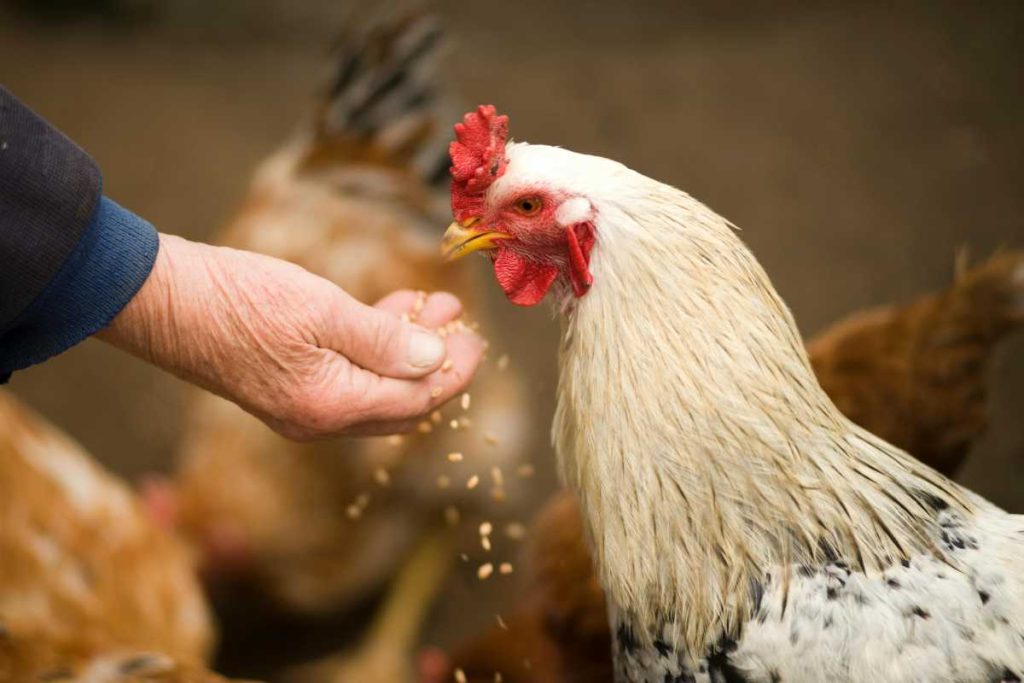
7. Composting Helpers
Chickens can significantly enhance the composting process. By adding kitchen scraps, garden waste, and other organic materials to their coop or run, you can create a mini-composting system. Chickens will scratch through the material, breaking it down and speeding up decomposition. This not only provides you with rich compost for your garden but also keeps your chickens healthy and nourished.
8. Sustainable Land Management
Chickens can be part of a rotational grazing system, which helps manage pastureland sustainably. By rotating chickens through different areas, you can allow the land to recover while still benefiting from the chickens’ natural behaviors. This practice promotes healthy soil, reduces overgrazing, and helps manage parasites and diseases, making it a win-win for both the chickens and the ecosystem.
9. Education and Engagement
Raising chickens can also serve as an educational tool for families and communities interested in sustainable living. Engaging with chickens helps people, especially children, learn about where their food comes from, the importance of biodiversity, and the principles of permaculture. This hands-on experience fosters a deeper understanding of ecological systems and encourages responsible stewardship of the land.
10. Enhanced Resilience
In a permaculture system, resilience is crucial for adapting to changing environmental conditions. Chickens contribute to this resilience by providing a reliable source of food, improving soil health, and promoting biodiversity. Their ability to thrive on a variety of organic materials means they can adapt to different diets based on what is available, further enhancing the sustainability of the system.
Conclusion
Chickens are invaluable assets in permaculture systems, offering a myriad of benefits that enhance productivity, sustainability, and ecological health. From natural pest control to nutrient recycling and food production, these birds play a crucial role in creating a self-sustaining environment. By integrating chickens into your permaculture design, you not only improve your garden’s efficiency but also contribute to a healthier ecosystem. Embracing the role of chickens in permaculture is a step towards a more sustainable and resilient future, making it a win for both your family and the planet. Whether you’re a seasoned permaculturist or just starting your journey, consider adding chickens to your system and enjoy the countless benefits they bring to your backyard ecosystem.

